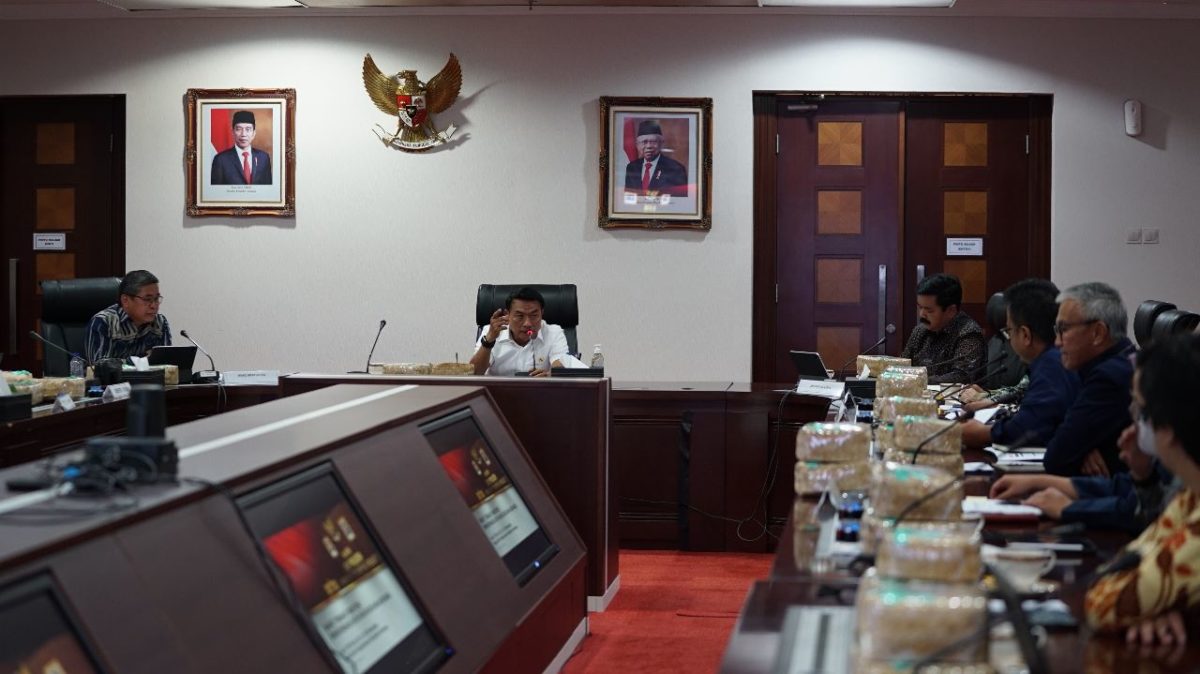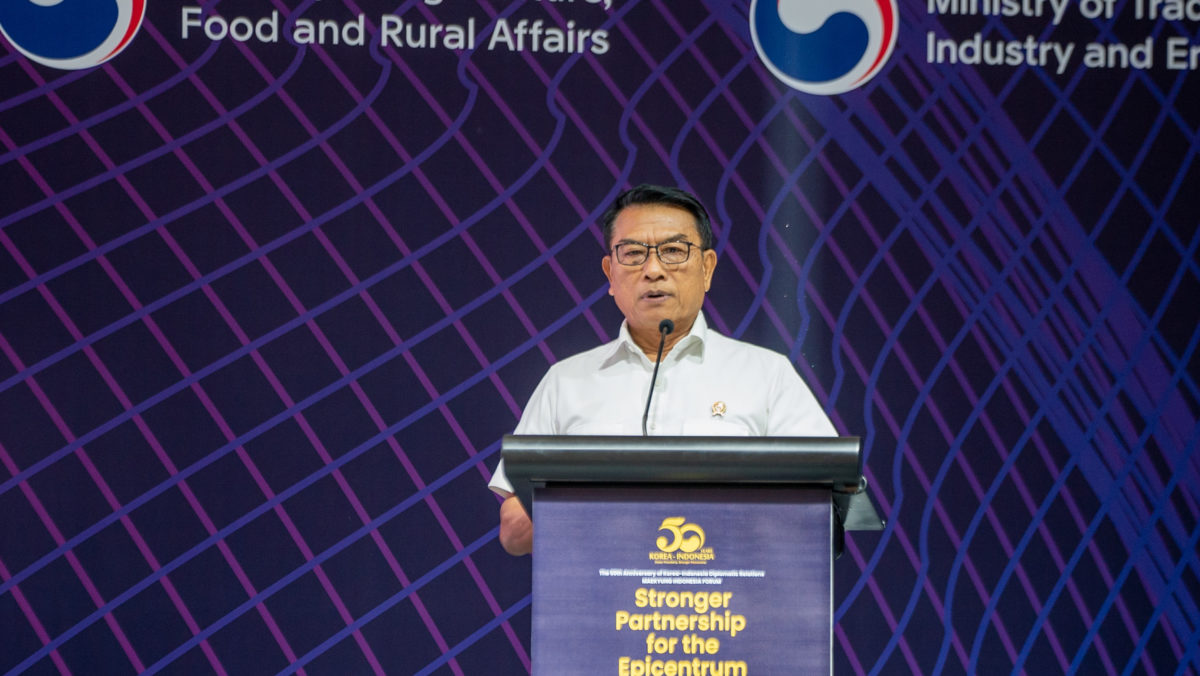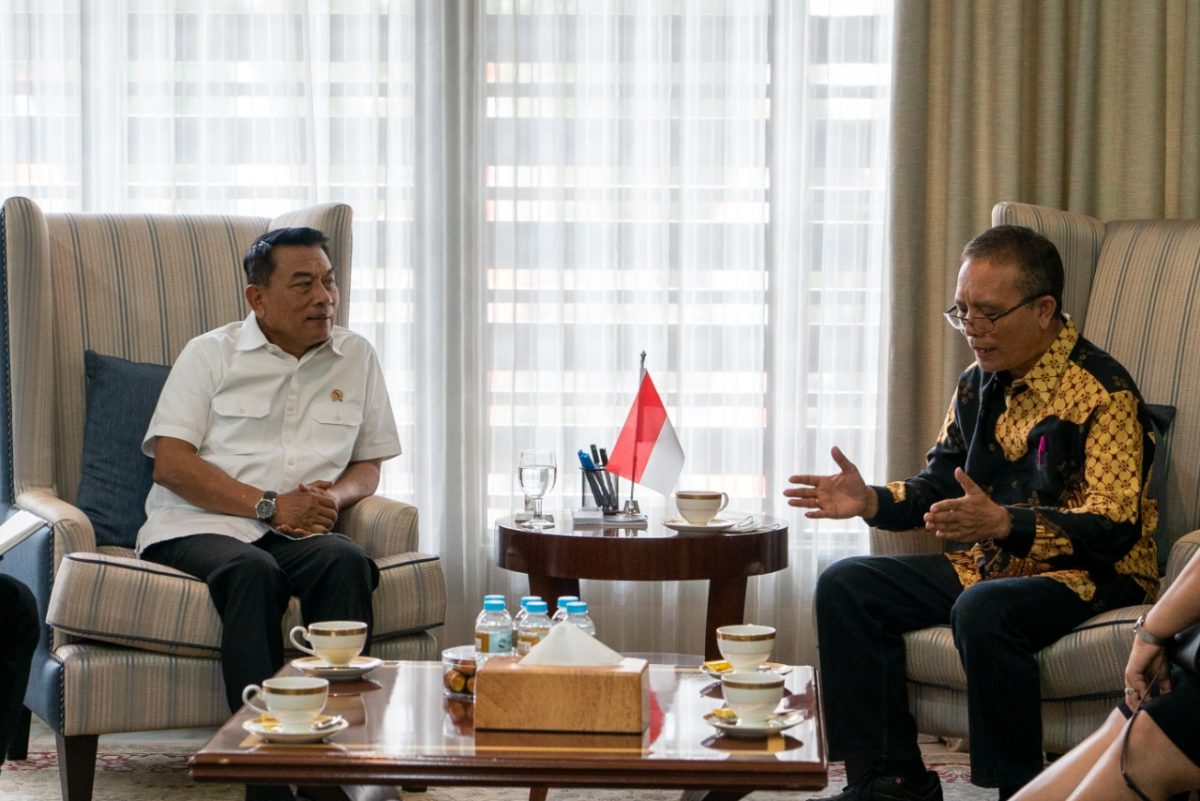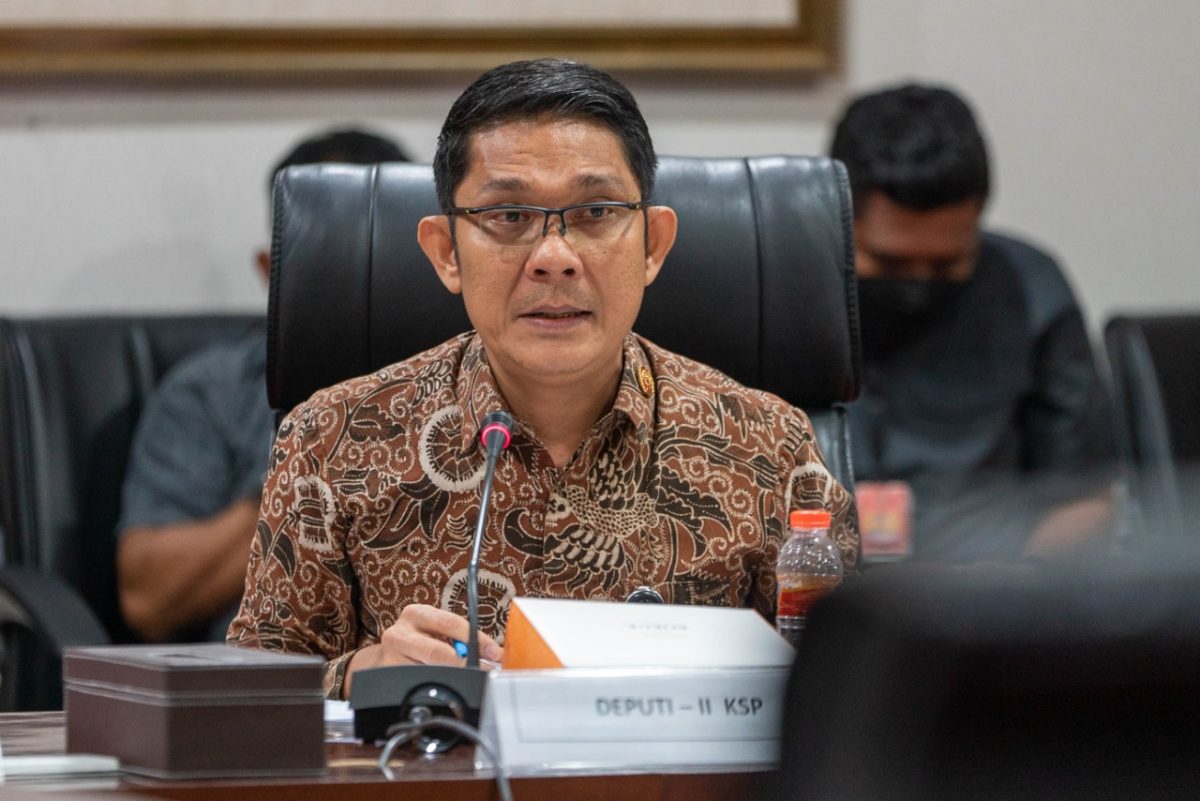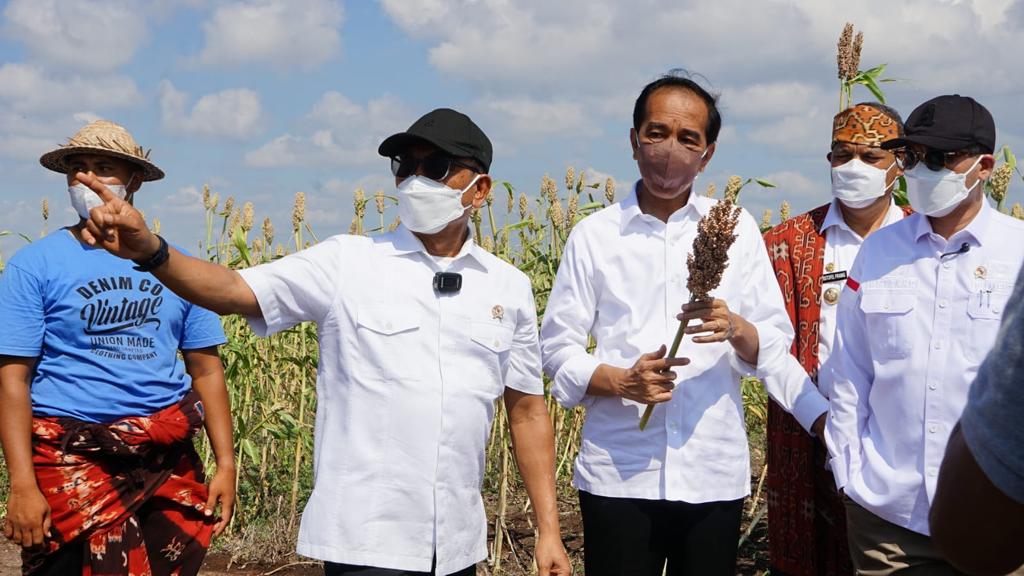Jakarta – In a bid to accelerate the implementation of Indonesia’s agrarian reform program, the Chief of Staff to the President, Moeldoko, has called upon various ministries to prioritize the synchronization of data related to agrarian cases and complaints. This directive follows President Joko Widodo’s clear instructions during a limited meeting held on January 3, 2023.
Moeldoko himself on Tuesday (13/6) chaired a Ministerial-Level Meeting on Data Synchronization of Agrarian Cases/Complaints at the Bina Graha building in Jakarta, which was attended by key officials from the Ministry of Agrarian Affairs and Spatial Planning/National Land Agency (Kementerian ATR/BPN), Ministry of Environment and Forestry (Kementerian LHK), Ministry of State-Owned Enterprises (Kementerian BUMN), Indonesian National Police (Polri), and the Attorney General’s Office (Kejaksaan Agung).
According to Moeldoko, data synchronization is of paramount importance as the country strives to expedite the progress of the agrarian reform program. “All relevant ministries and institutions must cooperate and collaborate effectively. It is crucial that we address the agrarian complaints received, particularly those directly brought to the President’s attention,” stated Moeldoko.
According to the Deputy Chief of Staff for Human Development, Abetnego Tarigan, a total of 1,385 agrarian cases received by the office between 2016 and May 2023 were logged, comprising reports submitted through consultations, letters, written reports, and the ‘KSP Mendengar’ program.
The cases were then categorized based on the respective ministries involved. The Ministry of Agrarian Affairs and Spatial Planning/National Land Agency accounted for 716 cases, the Ministry of State-Owned Enterprises for 359 cases, the Ministry of Environment and Forestry for 244 cases, and 66 cases cut across multiple ministries.
To address the challenges and ensure a more targeted approach, the collected data will be distributed to the respective ministries and institutions. The aim is to provide a well-directed strategy for resolving the agrarian issues based on their typology and locations, as stated by Abetnego.
Speaking at the meeting, Hadi Tjahjanto, the Minister of Agrarian Affairs and Spatial Planning/National Land Agency, emphasized the importance of inter-ministerial coordination and harmonization of existing regulations to effectively tackle agrarian problems. The ministry has also introduced accessible platforms such as the lapor.go.id web service, a WhatsApp hotline, and an email system to facilitate the reporting of land-related issues. Hadi reassured that all complaints received are being verified and appropriately addressed.
Meanwhile, Alue Dohong, the Deputy Minister of Environment and Forestry, highlighted the challenges faced in resolving agrarian issues in forest areas. These include the overlapping requests for social forestry with the PBPH (Forest Area Utilization Permit) process and other permits within forested regions. Alue Dohong also acknowledged the constraints caused by limited budget allocations.
Additionally, the Ministry of State-Owned Enterprises has conducted an inventory of land-related problems and classified their resolutions based on the level of difficulty. Rabin Indrajad Hattari, the Secretary of the Ministry of State-Owned Enterprises, categorized the cases into three groups: highly challenging, moderately challenging, and easily resolvable.
With Moeldoko’s call for data synchronization, it is expected that the collaboration among ministries and institutions will contribute to more efficient and targeted measures in addressing agrarian issues and expediting the implementation of the agrarian reform program in Indonesia.
